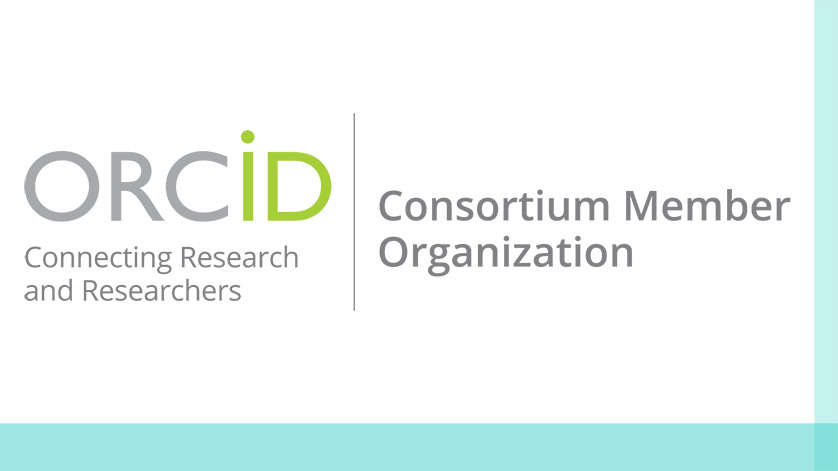ORCID - Authority data in academia

“Is the author of this publication the same person as the scientist at the University of Kassel?” Librarians and other people tasked with correctly assigning media works to their copyright holders ask themselves similar questions every day. Information about people and organisations is found in authority data such as the Integrated Authority File (GND). Yet how are these data and publications linked with other personal authority data, publisher information, university bibliographies, repositories and university websites?
One way of effecting this is to use ORCID® (Open Researcher and Contributor Identifier), a global standard with which academic publications can be unequivocally assigned to their authors. This is important for example in the case of identical names, name changes or name variants – and also in the event of changes during the author's academic career. This helps improve the visibility of academics and their publications.
GND and ORCID in the German knowledge landscape
ORCID is operated by an international non-profit organisation based in the USA. The over 1,000 members who finance ORCID are mostly research institutions, research sponsors, publishers and libraries. Between 2016 and 2019, the German Research Foundation (DFG) funded the project “ORCID DE – Promoting the Open Researcher and Contributor ID in Germany” to strengthen ORCID in Germany. Here the German National Library took on the task of facilitating links between the GND and ORCID and providing a convenient option for adding works published in the German-speaking countries to ORCID records. More

The ORCID Deutschland Konsortium was set up as a central point of contact for academic institutions that want to implement ORCID.
DINI-Handreichung für Wissenschaftseinrichtungen (DINI Guide for Academic Institutions)
This position paper on author identification (DOI: 10.18452/19528) helps German research institutions implement ORCID. The guide focuses both on strategy and the technical application of ORCID. 14 members of the DINI working groups on electronic publishing (E-Pub), research information systems (FIS) and the Competence Centre for Interoperable Metadata (KIM) each contributed their different perspectives on the challenges faced and solutions implemented when using ORCID for author identification.
ORCID claiming service
In July 2019, it became possible to “claim” publications from the Deutsche Nationalbibliografie and GND in ORCID. The search&link wizard in your ORCID record (publications list) now offers you as an academic a convenient option for adding monographs written in the German language and published in Germany to your publications list.
What is more, the German National Library supplies the metadata of all German and German-language publications issued since 1913 along with the metadata of Germanica and translations of German-language works including books published online (e-books), university publications, audio books, digitised works and other media works. In all, more than 20 million media works are available to authors who wish to claim the metadata in ORCID.
You can enter information from the German National Library's catalogue into your ORCID record in just a few clicks besides linking your data record in the Integrated Authority File (GND). More
You can now reuse this claiming service at any time, for example when your new work is published.
No ORCID record yet? Then start by registering at https://orcid.org, to get an ORCID ID.
Last changes:
08.08.2024

